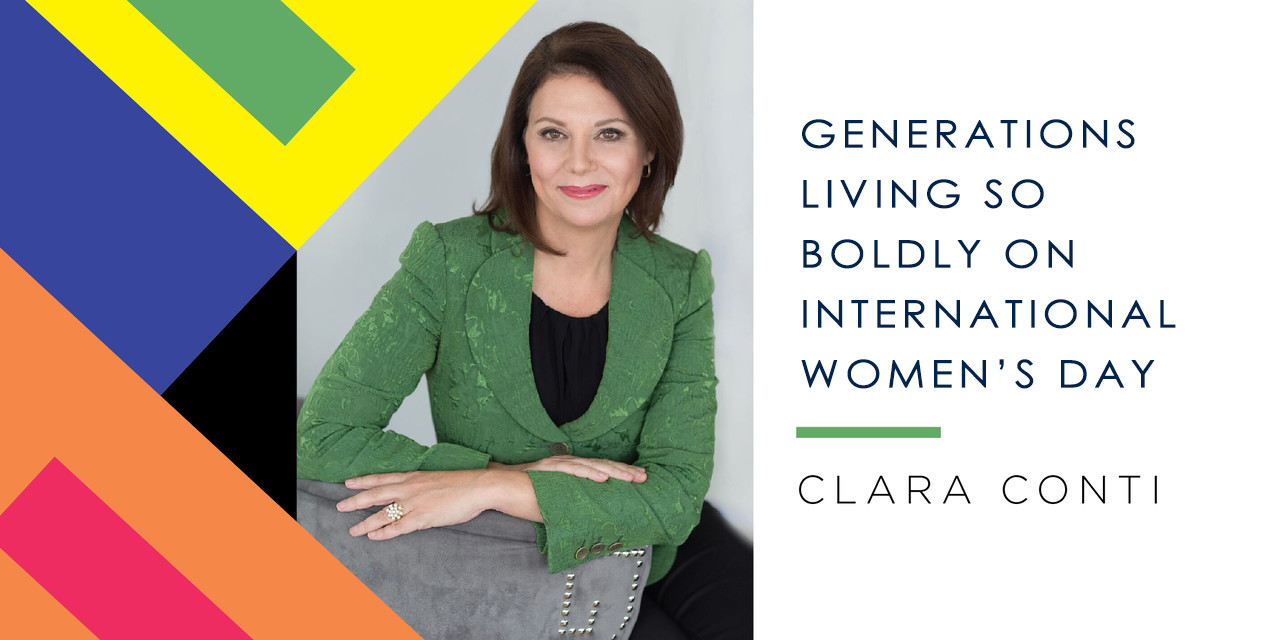
Reflecting upon the call to enact the International Woman’s Day theme this year, I came across a poem written by the young and brilliant Rupi Kaur:
i stand
on the sacrifices
of a million women before me—thinking
what can I do
to make this mountain taller so the women after me
can see farther?
It brought me back to the story of my great aunt, an ordinary housewife with an extraordinary sense of courage, who fought for women’s rights so that the next generation could see more of the view from the top and less of the climb.
In 1918, English immigrant Bessie Swindlehurst was far ahead of her time. Bessie became the first woman in Pawtucket, Rhode Island to get her driver’s license. When her husband was out of work, she drove herself to Ohio to interview in his place and came back with job offers for her husband and son. She herself worked for the League of Women Voters, and ultimately took a stand for women at the women’s march in Washington D.C.
In today’s era, it is not unusual for women to answer their call to take a stand. In 1928, however, Bessie showed an unusual amount of courage. Ninety years later, I sit at my desk and wonder how these women afforded the trip to D.C., where they stayed, and what kind of courage it took to leave such comforts. Did they question their own judgment? How tough was it, when the world was not behind them, to take their inner sense of justice and bring it outward, despite the negative reception, mistreatment, and mockery? How did it feel once they left the march and returned to ordinary lives? And foremost, what was it like to lead without the safety net; to lead not as a figurehead but as someone whose life will be made more difficult by doing right?
Uncovering stories like Bessie’s and those of so many women who came before, I have to think that the greatest champions for women’s rights are in fact those whose names we will never know—those who assumed the role for no reason other than their own sense of right.
Looking at the portrait of bold women like Bessie throughout history, I see how elevating women to feel empowered and encouraging men to take a stand makes for better organizations, better companies, better cultures. Among the most rewarding parts of my work is seeing the women around me living so boldy—fearless in the pursuit of better business, confident in their intelligence, and committed to supporting their communities.